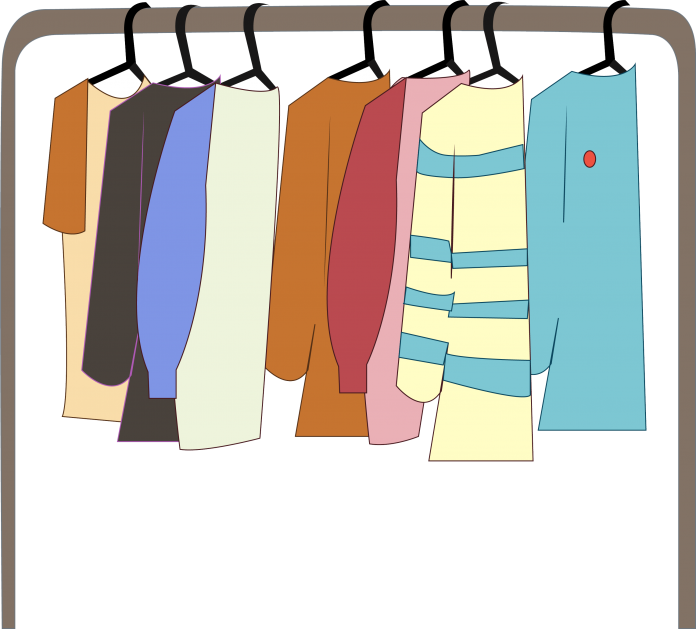During the first week of November, the International Justice Mission at the College of William and Mary launched a week-long campaign against human trafficking. This campaign, which included Pop-up Thrift Shop Against Trafficking and a Global Night of Prayer, sought to raise awareness about human trafficking and support International Justice Mission’s rescue missions around the world.
The Pop-up Thrift Shop Campaign was started by a group of students at Texas A&M and Baylor University. Over the last five years, students at both schools have raised more than $1,000 per year for the International Justice Mission. The International Justice Mission at the College adopted this idea this year and raised more than $200 for the IJM headquarters’ new rescue missions. More importantly, this campaign reached hundreds of students, faculty and staff members at the College.
Human trafficking is one of the top human rights issues in the world. According to the International Labor Organization, 21 million people around the world were trapped in slavery in 2012. This number reminds us we still have a long way to go to end slavery, a practice that has plagued human society for thousands of years. Fighting human trafficking may sound like a daunting task for college students, but there are many ways to be a part of this global fight as college students.
The pop-up thrift shop is a good example of what college students can do — raise awareness on campus and promote ethical consumerism. The fast fashion industry always seeks out the cheapest ways to keep up with fashion. Unfortunately, this demand trickles down the supply chain and leads to harsh working conditions for textile workers, many of whom are victims of labor trafficking. College students, who are not affluent enough to purchase high-end designer brands, are often the most loyal customers of fast fashion brands. The pop-up thrift shop offers students a more ethical alternative to fast fashion brands. Lightly worn donations from students for this campaign are just as fashionable as the ones displayed in shop windows of Bershka or C&A, but they were much cheaper and help lower the demand for fast fashion brands.
With the tags attached to all donations, the pop-up thrift shop helped students learn more about the global issue of human trafficking. Every single tag tells the story of a victim of human trafficking. These tags remind all of us that every single decision we make in our daily life affect the lives of those who are still trapped in slavery.
Other than purchasing and donating to thrift shops, there are other ways to support this great cause as college students. Participating in the annual Walk for Freedom in Colonial Williamsburg, supporting local anti-slavery organizations by donations or volunteering and avoiding watching pornography, which fuels sex trafficking, are all great ways to start your fight against this great evil.
At the College, students raise awareness about different social justice issues, but human trafficking is one of the issues that deserve more attention. This is a cause every student on this campus can support through their choices. It is also a cause everyone should and can raise awareness about by conversations, activism and articles in The Flat Hat like this one.
Email Jerry Hu at
jhu01@email.wm.edu.

